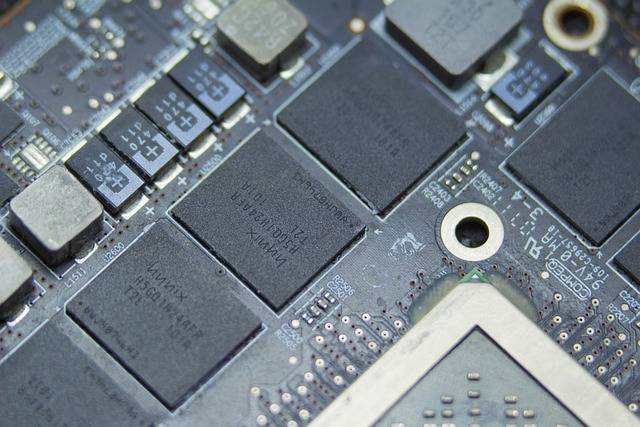Exploring Quantum Computing in Urban Ecology
Quantum computing is rapidly emerging as a crucial tool in the realm of urban ecology due to its capacity to process vast amounts of data at unprecedented speeds. In the complex urban environment, where diverse factors interact to shape ecosystems, traditional computing methods fall short in capturing the intricate relationships and dynamics that characterize urban ecosystems. By leveraging quantum computing, researchers and urban planners can conduct simulations and analyses that were previously unattainable, enabling them to devise more informed and effective strategies for sustainable urban development.
Moreover, the ability of quantum computing to handle massive datasets with numerous variables opens up new possibilities for studying urban biodiversity, habitat fragmentation, and species interactions. By employing quantum algorithms, scientists can sift through immense amounts of data to identify patterns and correlations that may have previously gone unnoticed. This enhanced data processing capability holds great promise for advancing our understanding of urban ecosystems and informing evidence-based policies and interventions to promote biodiversity conservation and ecological resilience in cities.
Understanding the Basics of Quantum Computing
Quantum computing is based on the principles of quantum mechanics, a branch of physics that deals with the behavior of particles at the smallest scales. Unlike classical computing, which uses bits to represent information as either a 0 or a 1, quantum computing uses quantum bits or qubits. Qubits can exist in multiple states simultaneously due to a phenomenon called superposition, allowing quantum computers to process vast amounts of data and perform complex calculations at speeds far exceeding classical computers.
Another key concept in quantum computing is entanglement, where qubits become interconnected and the state of one qubit can instantly affect the state of another, regardless of the distance between them. This property enables quantum computers to solve certain problems exponentially faster than classical computers. By harnessing the power of superposition and entanglement, quantum computing has the potential to revolutionize various fields, from cryptography and drug discovery to artificial intelligence and urban ecology.
Applications of Quantum Computing in Urban Ecology
Quantum computing offers unique opportunities for urban ecologists to tackle complex challenges in sustainable urban development and ecosystem management. By harnessing the power of quantum algorithms, researchers can optimize traffic flow, energy consumption, waste management, and green spaces in cities. Quantum computing enables the analysis of vast amounts of data at an unprecedented speed, allowing for more accurate predictions and effective decision-making in urban planning.
Furthermore, quantum computing can enhance the precision and efficiency of environmental monitoring in urban areas. By utilizing qubits to process environmental data, urban ecologists can better understand air quality, water pollution, biodiversity, and climate change impacts within cities. This advanced technology provides a more comprehensive and real-time assessment of urban ecosystems, leading to more targeted conservation efforts and policy interventions to create healthier and more sustainable urban environments.
Quantum computing can optimize traffic flow, energy consumption, waste management, and green spaces in cities
Allows for analysis of vast amounts of data at unprecedented speed for more accurate predictions in urban planning
Enhances precision and efficiency of environmental monitoring in urban areas
Utilizing qubits to process environmental data leads to better understanding of air quality, water pollution, biodiversity, and climate change impacts within cities
Provides real-time assessment of urban ecosystems for targeted conservation efforts and policy interventions.
Why is quantum computing important in urban ecology?
Quantum computing has the potential to significantly improve our ability to analyze complex urban ecosystems and make more accurate predictions, leading to better informed decision-making for sustainable urban development.
What are the basics of quantum computing?
Quantum computing leverages the principles of quantum mechanics to process information in a fundamentally different way than classical computers. Instead of using bits, quantum computers use qubits which can exist in multiple states simultaneously, allowing for faster and more powerful calculations.
How can quantum computing be applied in urban ecology?
Quantum computing can be used to analyze large datasets of urban environmental data, optimize resource allocation and management, simulate complex ecological systems, and predict the impact of urban development on biodiversity and ecosystems.
What are some specific applications of quantum computing in urban ecology?
Some specific applications of quantum computing in urban ecology include species distribution modeling, urban heat island effect analysis, urban planning optimization, and predicting the effects of climate change on urban ecosystems.






